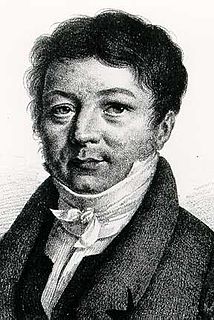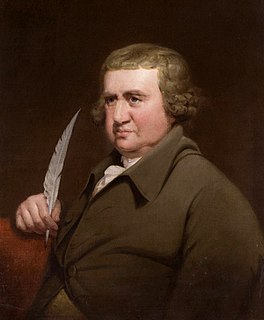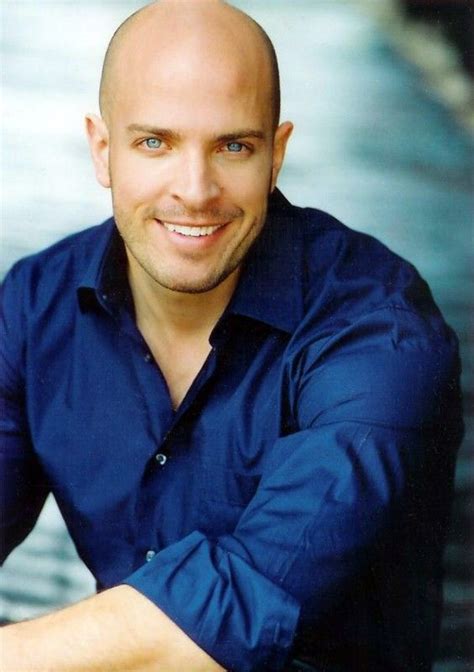A Quote by Dorothy L. Sayers
I entirely agree that a historian ought to be precise in detail; but unless you take all the characters and circumstances into account, you are reckoning without the facts. The proportions and relations of things are just as much facts as the things themselves.
Related Quotes
[The scientist] believes passionately in facts, in measured facts. He believes there are no bad facts, that all facts are good facts, though they may be facts about bad things, and his intellectual satisfaction can come only from the acquisition of accurately known facts, from their organization into a body of knowledge, in which the inter-relationship of the measured facts is the dominant consideration.
Facts and theories are different things, not rungs in a hierarchy of increasing certainty. Facts are the world's data. Theories are structures of ideas that explain and interpret facts. Facts do not go away while scientists debate rival theories for explaining them. Einstein's theory of gravitation replaced Newton's, but apples did not suspend themselves in mid-air pending the outcome.
Facts are neutral until human beings add their own meaning to those facts. People make their decisions based on what the facts mean to them, not on the facts themselves. The meaning they add to facts depends on their current story … facts are not terribly useful to influencing others. People don’t need new facts—they need a new story.
I don't like realism. We already know the real facts about li[fe], most of the basic facts. I'm not interested in repeating what we already know. We know about sex, about violence, about murder, about war. All these things, by the time we're 18, we're up to here. From there on we need interpreters. We need poets. We need philosophers. We need theologians, who take the same basic facts and work with them and help us make do with those facts. Facts alone are not enough. It's interpretation.
I am beginning to believe that nothing can ever be proved. These are honest hypotheses which take the facts into account: but I sense so definitely that they come from me, and that they are simply a way of unifying my own knowledge. Not a glimmer comes from Rollebon's side. Slow, lazy, sulky, the facts adapt themselves to the rigour of the order I wish to give them; but it remains outside of them. I have the feeling of doing a work of pure imagination.
Steve Jobs was not an engineer: He was a brilliant individual with this ability to see around corners, to see things that other people couldn't see. I've learned over the years in the Apple that there are some really talented people who can take the same evidence, the same facts, and look at them and see them in a way that interprets those facts entirely different than most people do.


































